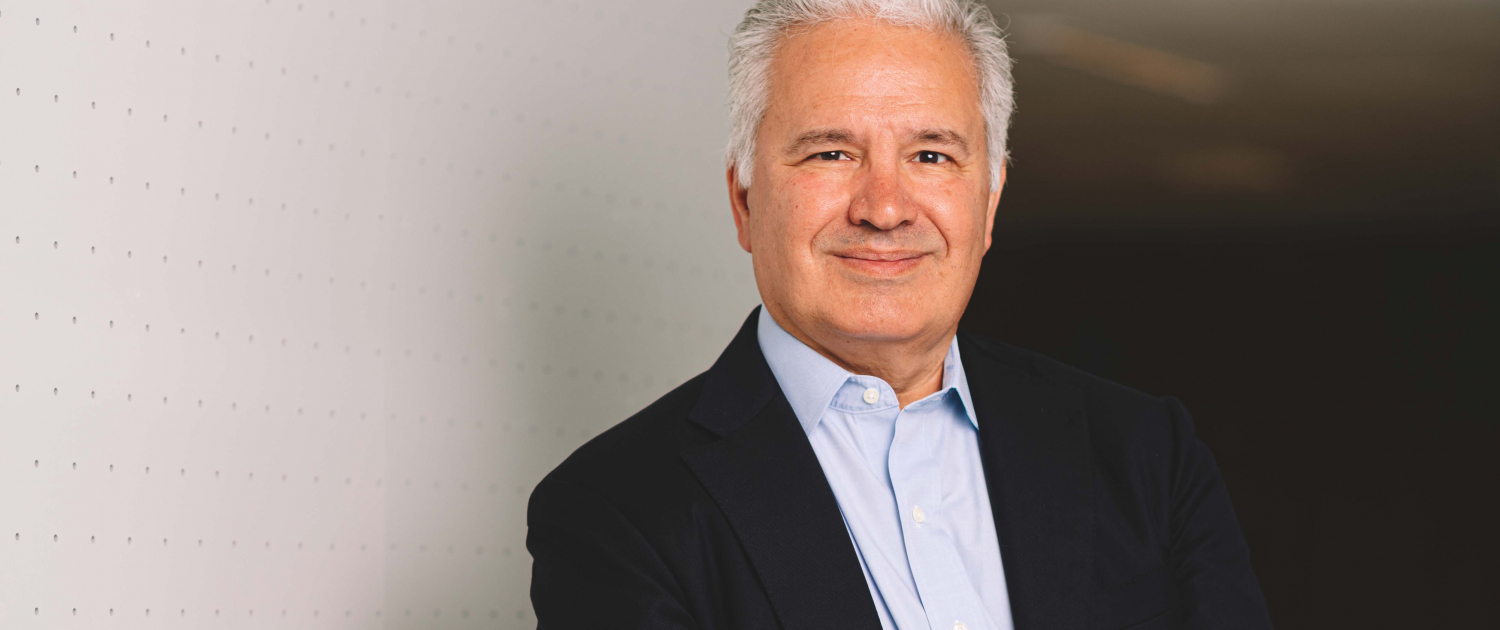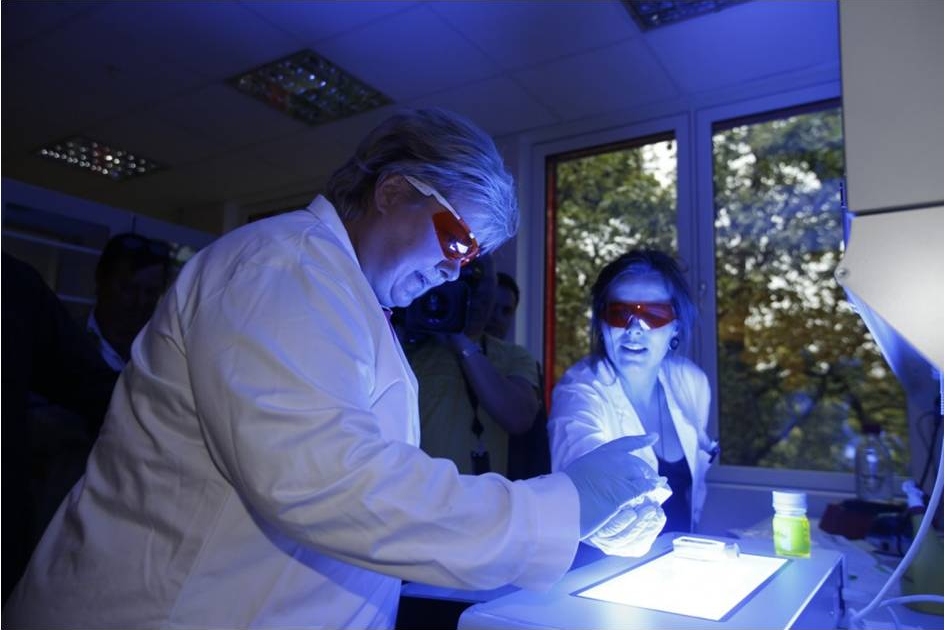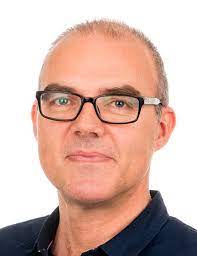Cancer vaccine effective for 60% of patients

60% of melanoma patients responded to universal cancer vaccine, according to new data from our member Ultimovacs.
A clinical trial against advanced melanoma (a serious form of skin cancer) has shown positive effects in 60% of all patients. The Phase I clinical trial is led by our member Ultimovacs, a Norwegian company that develops vaccines against cancer.
“These very strong and exciting data further strengthen the foundation for our broad Phase II clinical program for UV1,” said Jens Bjørheim, Chief Medical Officer at Ultimovacs.
The cancer treatment is a universal cancer vaccine called UV1 in combination with an immunotherapy drug called pembrolizumab. The results of the treatment show a 60% objective response rate in patients with advanced melanoma. This includes 30% complete responses and 30% partial responses.
The potential of immunotherapy
The reason for choosing this treatment is that immunotherapy has good effect on melanoma patients and many new combinations of immunotherapy show great potential.
Immunotherapy mobilises the cancer patient’s own immune system to identify and kill the cancer cells.
The melanoma patients often don’t have the right T cells present in their bodies to experience the full effect of the immunotherapy pembrolizumab.
T cells are part of the immune system, help to protect the body from infection and may help to fight cancer.
The cancer vaccine UV1 increases the number of the right T cells so a stronger and broader immune response can be achieved, in combination with pembrolizumab.
Accepted to ASCO
The data will be presented at a poster session at the American Society of Clinical Oncology (ASCO) 2021 Annual Meeting – the world’s largest cancer conference – on 4-8 June. The poster presentation will also be published on Ultimovacs website.
“These data reinforce our conviction that UV1 can play a transformative role in the treatment of conditions such as malignant melanoma,” said Carlos de Sousa, CEO of Ultimovacs.
“It suggests that UV1 in combination with checkpoint inhibitors like pembrolizumab can mobilize the immune system to fight cancer. This is very encouraging for melanoma patients and for those involved with the roll-out of Ultimovacs’ broader programs in solid cancers,” de Sousa continued.
Read more in the press release from Ultimovacs.







